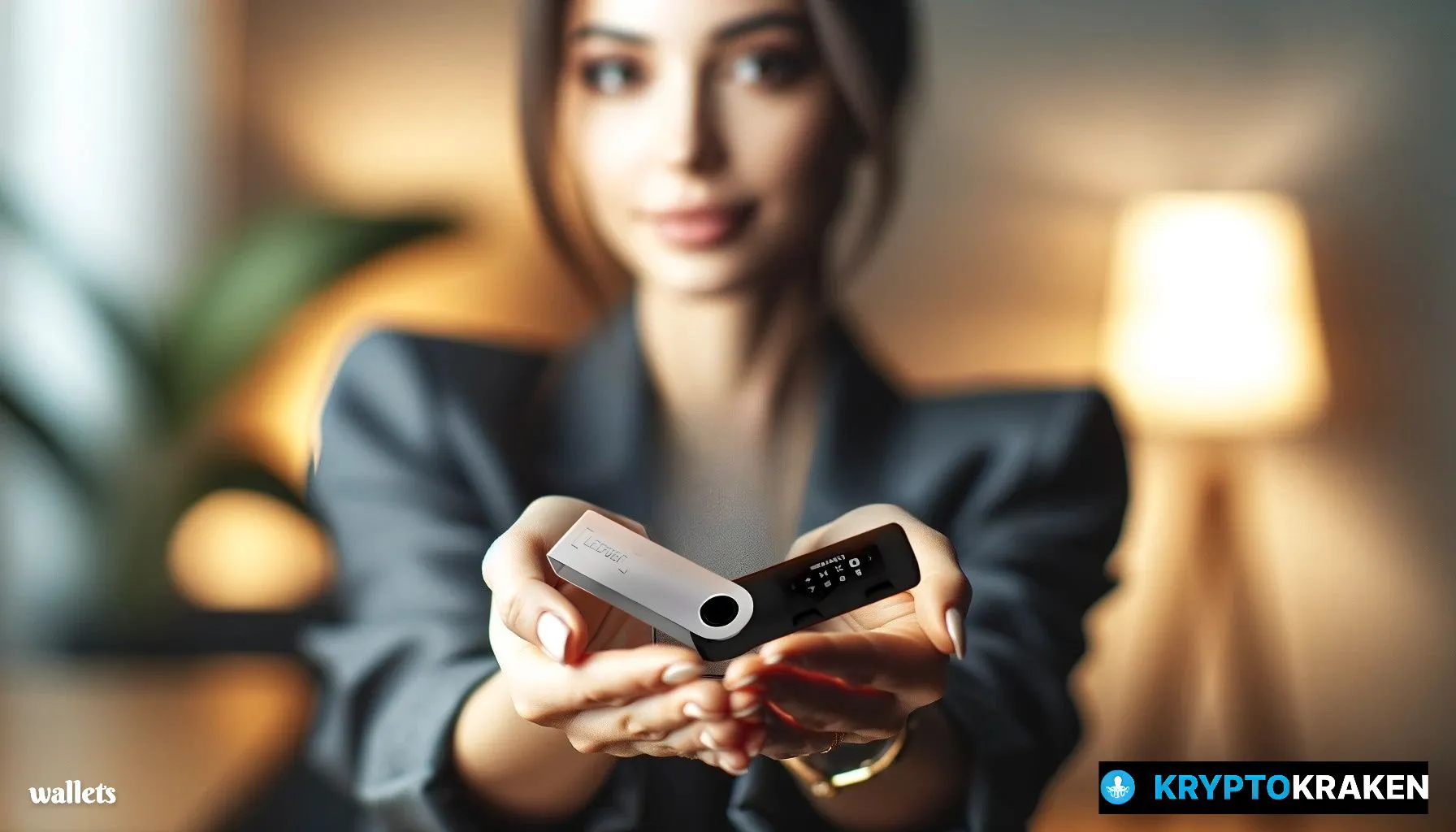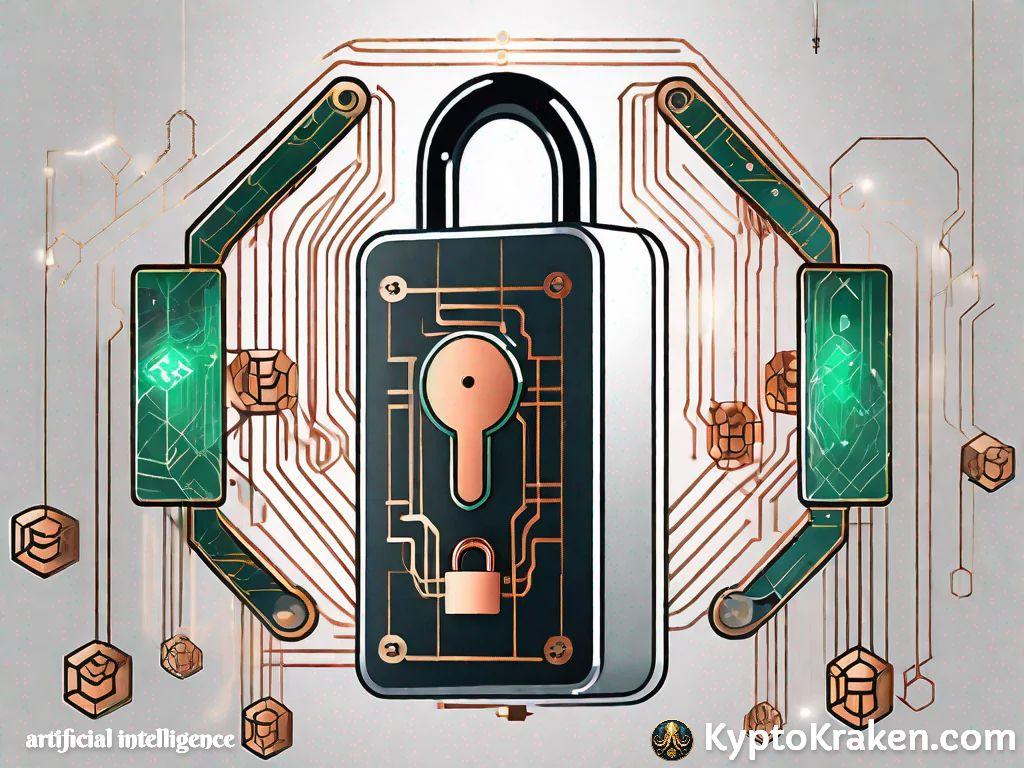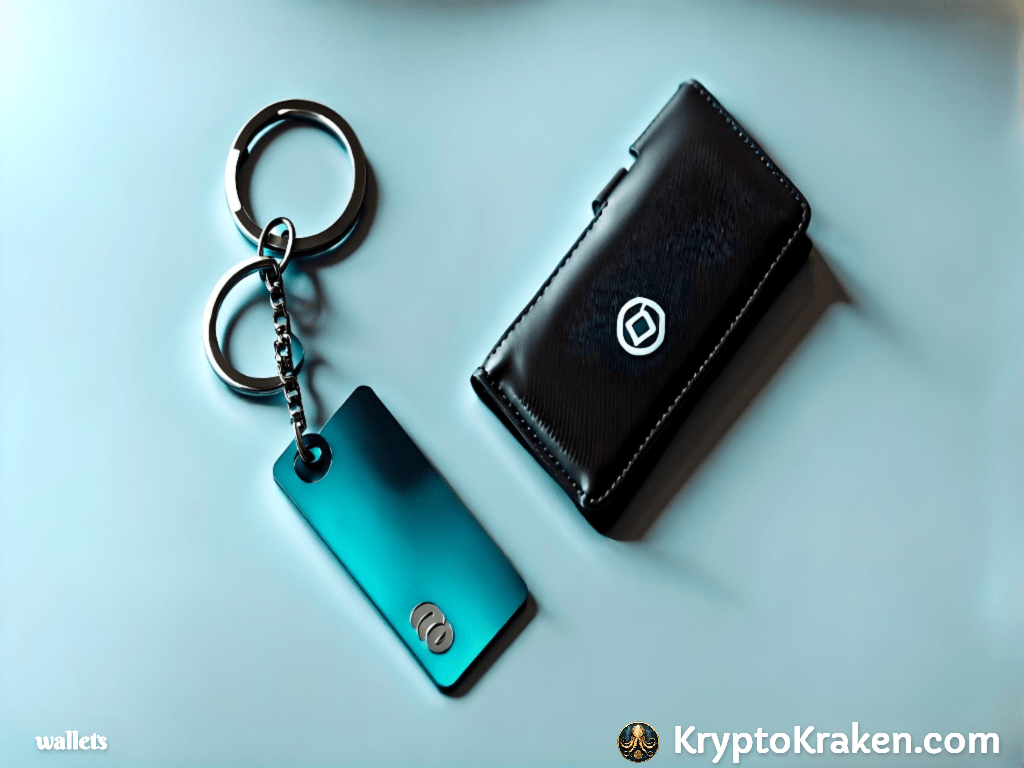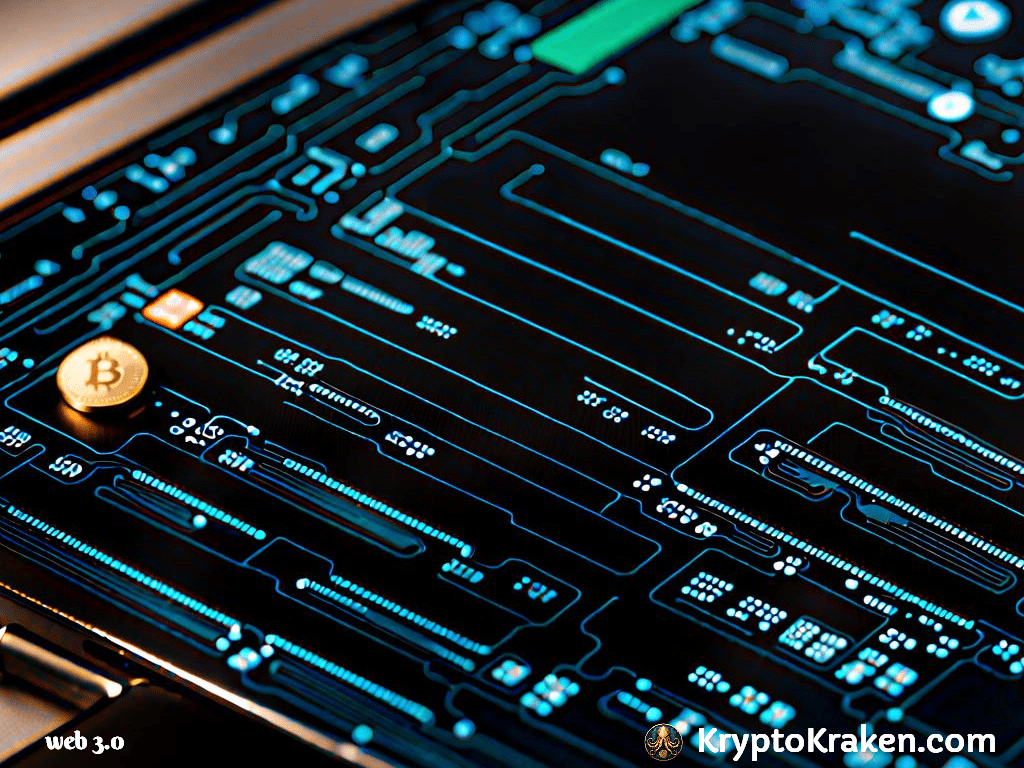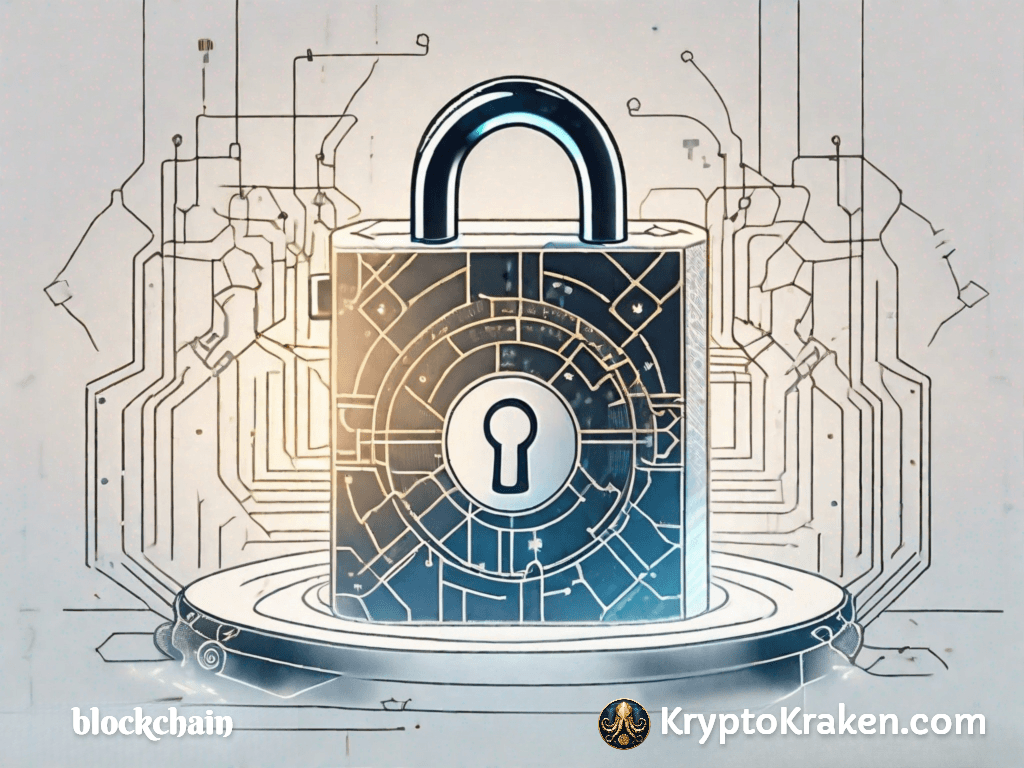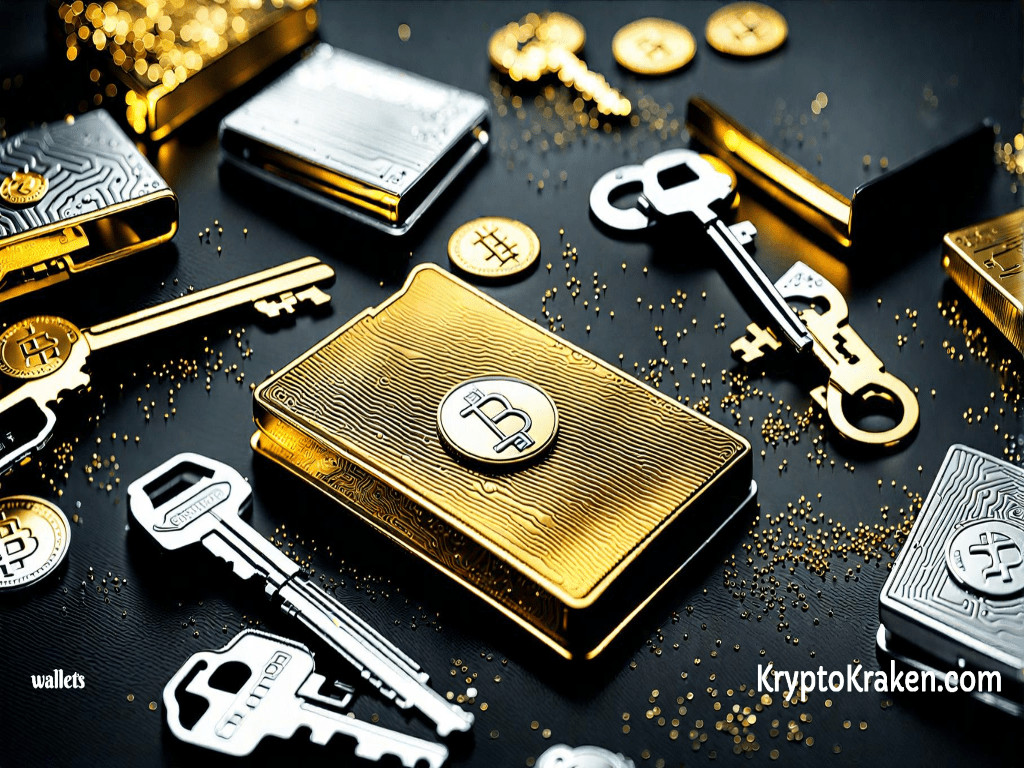
- August 24, 2023
- Dennis Frank
- 0
Table of Contents
How to Secure Your Cryptocurrency Wallet: A Step-by-Step Guide
Cryptocurrency wallets offer a convenient way to store and access your digital assets. However, the decentralized nature of cryptocurrency means that securing your wallet can be a complex task. In this article, we’ll examine the steps you can take to ensure the safekeeping of your cryptocurrency wallet.
Understanding Cryptocurrency Wallets
With the rise of cryptocurrencies, the need for secure and reliable storage solutions has become increasingly important. This is where it’s important to know how to choose the right cryptocurrency wallet. A cryptocurrency wallet is a software program or device that stores public and private keys and interacts with various blockchain networks to enable the sending and receiving of cryptocurrencies.
What is a Cryptocurrency Wallet?
The public key is used to receive funds, while the private key is used to authorize transactions from your wallet. These wallets come in various forms that range from software wallets to hardware wallets to paper wallets. Each type of wallet has its own unique features and benefits.
Types of Cryptocurrency Wallets
Hardware wallets are physical devices that store your private keys and can be connected to your computer or smartphone. They offer the highest level of security as they are not connected to the internet, making them less susceptible to hacking attempts. Software wallets, on the other hand, are installed on your computer or mobile device. They are convenient to use and can be accessed from anywhere with an internet connection. Paper wallets involve printing out your private keys on paper, which can be stored in a safe place. Mobile wallets, on the other hand, are designed to store cryptocurrency on your smartphone, making them easily accessible on-the-go.
How Do Cryptocurrency Wallets Work?
Cryptocurrency wallets work by storing both public and private keys, which allow cryptocurrency to be sent and received between different wallets. When you make a transaction, your wallet broadcasts the transaction to the blockchain, which then verifies the transaction using complex algorithms. Once verified, the transaction is added to the blockchain, and both wallets update with the new transaction data.
It is important to note that while cryptocurrency wallets offer a high level of security, they are not immune to risks. It is important to take precautions such as using strong passwords and keeping your private keys safe. Additionally, it is important to choose a reputable wallet provider to ensure the safety of your funds.
Overall, cryptocurrency wallets play a crucial role in the world of cryptocurrencies. They offer a secure and reliable way to store and manage your digital assets, allowing you to take full control of your finances.
Essential Security Measures for Your Wallet
As the value of cryptocurrency continues to rise, the importance of securing your wallet cannot be overstated. Here are some additional measures you can take to ensure the safety of your digital assets:
Strong Passwords and Two-Factor Authentication
In addition to using a strong and unique password and enabling two-factor authentication (2FA), it is recommended to use a password manager to generate and store complex passwords. This not only makes it easier for you to remember your passwords, but also ensures that each account has a unique password, making it harder for hackers to gain access to multiple accounts if one password is compromised.
Regularly Updating Wallet Software
While it’s important to keep your wallet software up to date, it’s equally important to ensure that you are downloading the software from a trusted source. Scammers have been known to create fake wallet software that contains malware or other malicious code. Always download wallet software directly from the official website or app store, and avoid downloading from third-party sources.
Using a Secure Internet Connection
When interacting with your wallet, it’s important to use a secure and trusted internet connection. Consider using a VPN (Virtual Private Network) to encrypt your internet traffic and protect your data from hackers. Additionally, if you are accessing your wallet from a public Wi-Fi network, be sure to use a trusted VPN to prevent hackers from intercepting your data.
Avoiding Phishing Scams and Malware
Phishing scams and malware attacks are becoming increasingly sophisticated, making it more difficult to spot fraudulent emails or websites. Always double-check the authenticity of the website or email before entering your login details or clicking on any links. Look for subtle differences in the URL or email address, and be cautious of unsolicited emails or messages. If you receive an email or message that appears to be from your wallet provider, always verify the authenticity of the message by contacting customer support directly.
By following these additional security measures, you can help ensure the safety and security of your cryptocurrency wallet.

Real-World Applications of Blockchain
Hardware Wallets
Hardware wallets are considered to be the safest option for storing cryptocurrency, as they store your private keys offline, making them immune to online attacks. However, they can be costly and difficult to set up for beginners.
Software Wallets
Software wallets are more user-friendly and accessible for beginners, but they are also more vulnerable to hacks and attacks. It’s important to choose a reputable and trusted software wallet to ensure the safety of your funds.
Paper Wallets
Paper wallets offer a cheap and secure way to store cryptocurrency offline. However, they can be easily damaged, lost, or stolen, and they require careful handling to ensure their security.
Mobile Wallets
Mobile wallets are convenient and easy to use, but they are also vulnerable to mobile viruses and operating system issues. To avoid these threats, always ensure that your smartphone is updated with the latest software patches, and never install any suspicious apps.
Safeguarding Your Private Keys
What are Private Keys?
Private keys are secret codes that allow you to access and manage your cryptocurrency funds. If your private keys fall into the wrong hands, your funds are at risk of being stolen. It’s vital to keep your private keys as secure as possible.
Storing Private Keys Offline
Storing your private keys offline, such as on a hardware or paper wallet, can minimize the risk of online attacks and hacks. Additionally, you can make multiple copies of your private keys and store them in different secure locations.
Using a Hardware Wallet for Private Key Storage
Hardware wallets offer the most secure option for storing private keys, as they are kept offline and require physical authorization for any transactions. They offer an excellent combination of convenience and security.
Encrypting Your Private Keys
Encrypting your private keys with a strong password can add an extra layer of security to your wallet. With encryption, even if someone gains access to your private keys, they won’t be able to do anything with them without your password.
Conclusion
Securing your cryptocurrency wallet should be a top priority, especially with the increasing popularity of cryptocurrency and the value of digital assets. By following the steps outlined in this article, you can ensure the safety of your funds and minimize the risk of potential threats. Always remember to choose a reputable wallet, use complex passwords, and keep your private keys offline and encrypted to protect your assets.
































